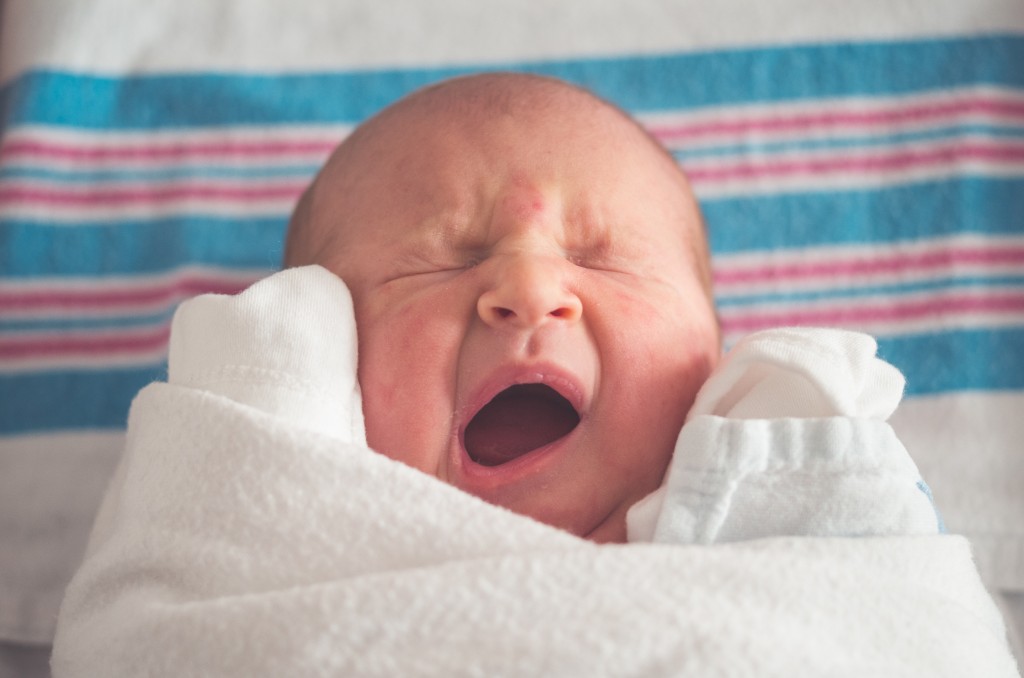Bonding is a deep affection or connection we evolve with a baby. It’s a strong sensation of showering him with love and caring or even ending your life to safeguard him.
In most instances, it happens within the first few days or seconds after birth. Sometimes it takes a little while with others.
Previously, as per studies carried out by researchers, it was concluded that parents had to spend more time with a newborn during his first few days to build up a bond immediately.
However, it has now come to light that bonding could also happen over time. Warm and affectionate relationships have been seen in parents who have been separated after childbirth due to medical reasons or those who have adopted bigger kids.
Difficulty in Bonding Immediately
Being anxious about bonding immediately is a thing of the past. It usually takes time. As long as the basic needs are taken care and frequently held fondly, the baby will not be affected if the mother does not feel a distinct bond at first impression.
Generally, becoming a new parent is a tiring experience. Many new mothers are under physical and mental pressure and even unhappy during the first few weeks usually known as baby blues. If the delivery was also difficult, recovery time is required before concentrating on bonding with your baby. In some instances, some mothers may experience illnesses due to underlying medical problems. Low thyroid levels can make a person depressed, easily irritated, difficulty in sleeping and concentrating resulting in not being in a mood to enjoying motherhood. Your healthcare provider should be informed if the mother has any of these symptoms.

Methods of Bonding
The parent-child bond is something that grows every day, but a few hints could assist in the process.
• Hold baby more frequently skin-to-skin and gently stroke as human touch is soothing for both mother and baby.
• Breastfeed your baby as it releases hormones in your body to promote recuperate as well as a feeling of love and affection.
• Pump breastmilk with a Medela Symphony breast pump and feed the baby if the mother is not in a position to breastfeed direct.
• Look into baby’s eyes whilst feeding or talking. Describe your feelings, thoughts and actions.
• If your baby is confined to a hospital with wires and monitors, get permission to touch and hold your baby.

Breast Pump and Hospital-Grade Bassinet
The breast pump and hospital-grade bassinet are two items that play an important role in a newborn baby’s life.
Pumping and feeding your breast milk instead of formula milk and having a hospital-grade bassinet near a mother also helps in the bonding process.
These two items are now available on hire as a combo for $45 a week at Independent Living Specialists showrooms in Sydney, for a minimum hire period of 4 weeks with free delivery. Parents could also be able to get a rebate on the hire through their private health cover dependent upon their fund. They could contact their private health cover directly for further details.
The combo includes the hospital-grade bassinet, Medela breast pump unit, plastic bottle stand, AC lead and carry case. Due to hygiene reasons, the double kit is required when a Medela Symphony breast pump is rented.


